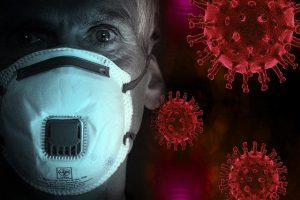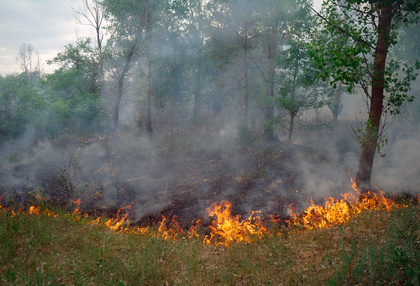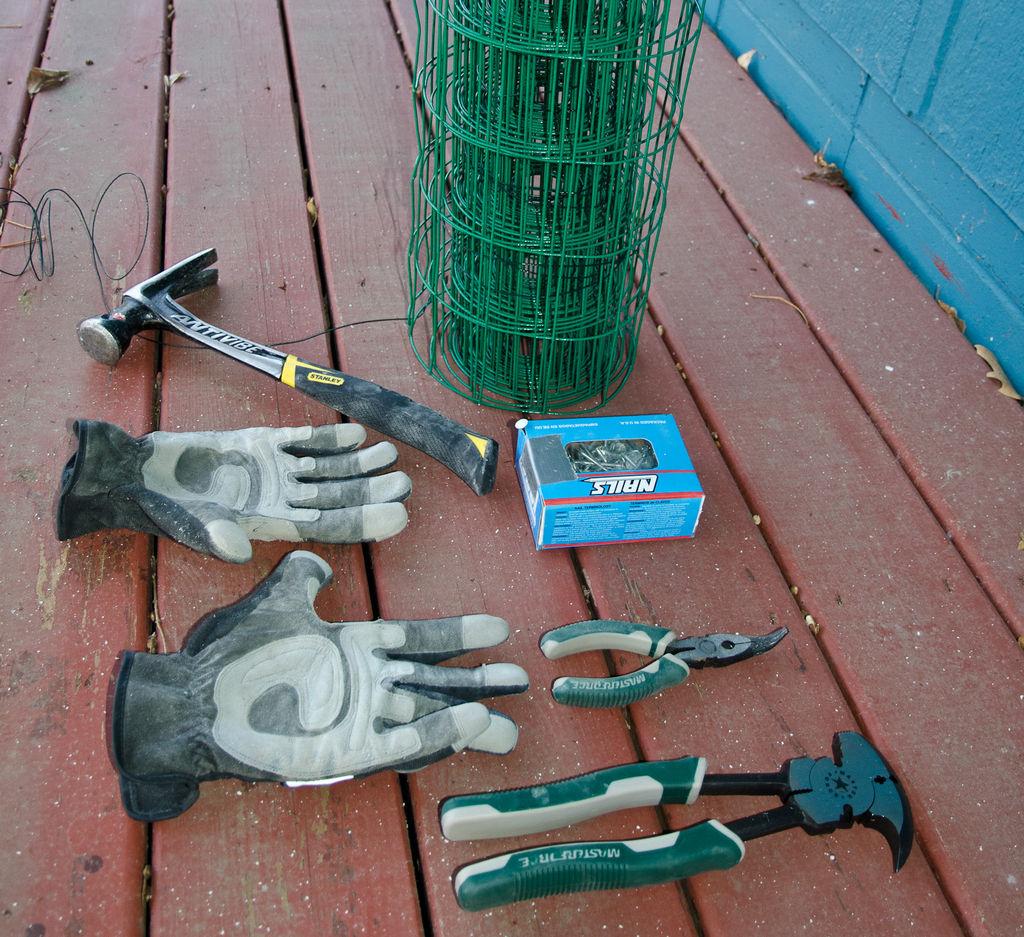How to Stay Protected from the Coronavirus
Coronavirus is a worldwide pandemic, but unfortunately, the people who are panicking or the most at risk don’t know much accurate information about it. The reality is that the coronavirus should be taken seriously, and we must all self-quarantine and learn how to stay safe.
What is COVID-19?
Coronavirus, otherwise known as COVID-19, got this alternative name from the World Health Organization (WHO). “CO” stands for Corona, “VI” stands for virus, “D” stands for disease, and “19” stands for 2019, the year of the first reported case of coronavirus.
COVID-19 is a new disease and possible symptoms include shortness of breath, fever, and cough. These symptoms are similar to the flu, so pay attention to extreme symptoms like difficult breathing, pressure in the chest, and bluish face or lips.
The Centers for Disease Control and PreventionPrevention refers to actions taken to reduce the likelihood ... More (CDC) warn that an outbreak of COVID-19 in any community is possible, so it is essential that you are prepared if this occurs.
How It Spreads
Coronavirus is believed to spread mainly through person-to-person contact. Coming within six feet of another person is all it takes for the disease to spread, especially if an infected person sneezes or coughs. This is especially dangerous because those infected may not be showing symptoms yet and believe they are safe around others. However, people are typically the more contagious the sicker they are.
Infected people can even spread the virus simply by touching objects and materials, especially in public or in highly populated areas of the house. Those who are not infected may get the disease by touching this same area and then thoughtlessly touching their eyes, nose, or mouth, which allows the sickness to enter their body.
COVID-19 appears to be spreading quickly, but this doesn’t necessarily have to be cause for alarm. There are certain precautions you and your loved ones can take to protect yourselves and slow down the spread of the virus.
Social Distancing
One of the recommended precautions during the coronavirus outbreak is social distancing. This requires limiting interaction and close contact with other people within six feet, especially if you believe you may be infected or if someone you know may be sick.
Stay home from school or work and cancel all activities during the crisis to prevent the spread of the virus. This is especially true if you have been diagnosed with coronavirus or suspect you may be infected, but you should still practice social distancing if you feel healthy in order to keep those around you safe.

Practicing personal hygiene and cleanliness at home is an important preventative measure during this time
Basic Cleanliness
Another important preventative measure during this scary time is practicing personal hygiene and cleanliness. In addition to performing social distancing, you must keep yourself and your home clean and free of germs.
Continue regular hygienic activities like showering and brushing your teeth and consider adding more clean habits to your routine. Keep hand sanitizer ready and use it regularly, especially if you encounter dirty surfaces or an infected person. Wash your hands for at least 20 seconds with soap and water before eating, after using the toilet, after close physical contact, and after sneezing, coughing, or blowing your nose.
Clean surfaces and objects that look dirty or are touched frequently, such as light switches, doorknobs, countertops, and tables. Use water, a household detergent, and a disinfectantA disinfectant is a chemical substance used to kill or inact... More approved by the Environmental Protection Agency to completely remove pathogensPathogens are microorganisms such as bacteria, viruses, or f... More from these surfaces.
Cover your sneezes and coughs with an elbow or tissue to prevent those around you from getting sick. Stay home if you feel unwell or have been tested positive for coronavirus and only leave the house to seek medical care. If you or a family member is sick at home, pick a bedroom and bathroom for only the infected people to use and clean them as often as possible.
Household Plan
A great way to prepare for a coronavirus outbreak in your community is to create an emergency plan for yourself and others in your household. Meet with the family members and loved ones who are self-isolating in the same residence to discuss each person’s needs during a possible outbreak.
Reach out to neighbors and other close members of the community about your plan. Social media is an excellent tool to communicate with people close by about your course of action and whether or not you will need or provide help in the future. Work with your family to create an emergency contact list, including distant family members, neighbors, law enforcement, health care providers, and other community resourcesResources include tools, personnel, equipment, and materials... More.
In addition to the emergency contact list, compile a list of nearby aid organizations in your community. This can include hospitals, law enforcement, food pantries, and other organizations that provide food, resourcesResources include tools, personnel, equipment, and materials... More, counseling, and information.
Finally, you must learn how to care for those in your household who are infected or have a higher risk of becoming infected. So far, the information about COVID-19 is limited, but the data we have from related coronaviruses suggests that the elderly and people with compromised immune systems have a greater risk of dying from coronavirus or experiencing serious complications. If this applies to you or a loved one, use the previously mentioned contact lists to ask a health care provider or other professional about how to proceed.
Contact Us
This is a scary time for everyone, but if everyone follows the proper precautions, you and your family will hopefully emerge unscathed. However, if a tragedy occurs in your residence and you need home cleaning, contact a professional for cleaning and disinfection services. These technicians will work quickly and diligently to make the affected area safe and will be compassionate to you and your loved ones during this difficult time.













